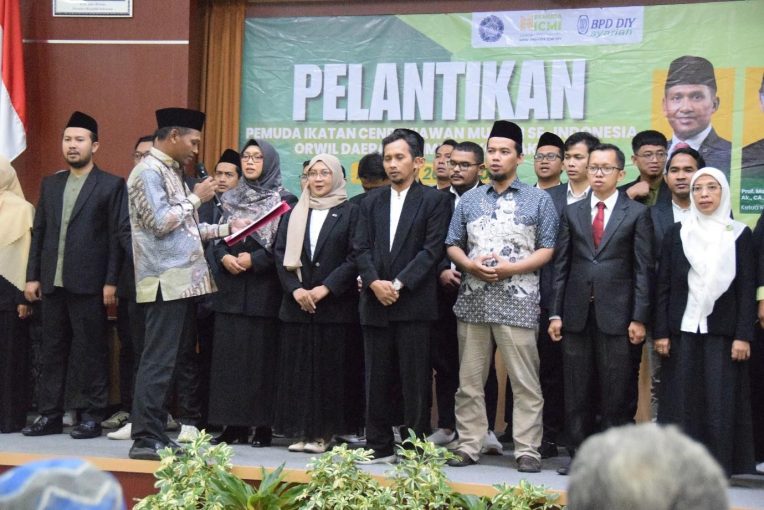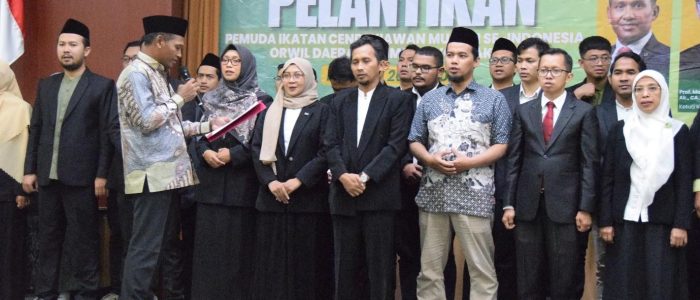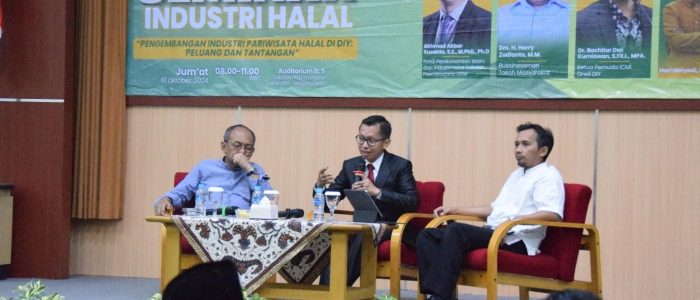
The halal industry has become a strategic sector in economic development, not only in Indonesia but also globally. Indonesia, with Muslim as the major population, has significant potential to become a world center for the halal industry.
Yogyakarta, as a city of culture and education, plays an important role in developing a sharia-based economy. However, developing the halal industry requires comprehensive regulatory support to cover halal certification, traceability processes, and halal assurance systems. The challenge here is to ensure that the policies issued do not overlap and can address the complexities of diverse industries, ranging from food to halal tourism.
From a socio-political perspective, increasing literacy and public awareness about halal is also a challenge. The roles of the government, academics, and Muslim activists must focus on campaigns and education as well as halal diplomacy both domestically and internationally.
This was discussed in a public forum and the inauguration of ICMI Youth, held by the S3 Islamic Economy and Halal Industry Doctoral program at UGM Graduate School on Friday, October 18th 2024, in the Auditorium of the UGM Graduate School building.
The inauguration of ICMI Youth’s Special Region of Yogyakarta is expected to be a momentum for young Muslim intellectuals to contribute to advance the halal industry, strengthening halal literacy, and leveraging digital innovation.
This event aims to create a collaborative strategy among academics, business practitioners, and the government to build an innovative and inclusive halal industry ecosystem. It also addresses the challenges and opportunities in developing the sharia economy, particularly in the context of the halal industry in Yogyakarta.
This activity is also in line with the implementation of SDG Goal 3, concerning Good Health and Well-being, SDG Goal 16 on Peace, Justice, and Strong Institutions, and Goal 17 on Partnerships for the Goals.
Author: PIIH Study Program
Editor: Arni Wistriatun


